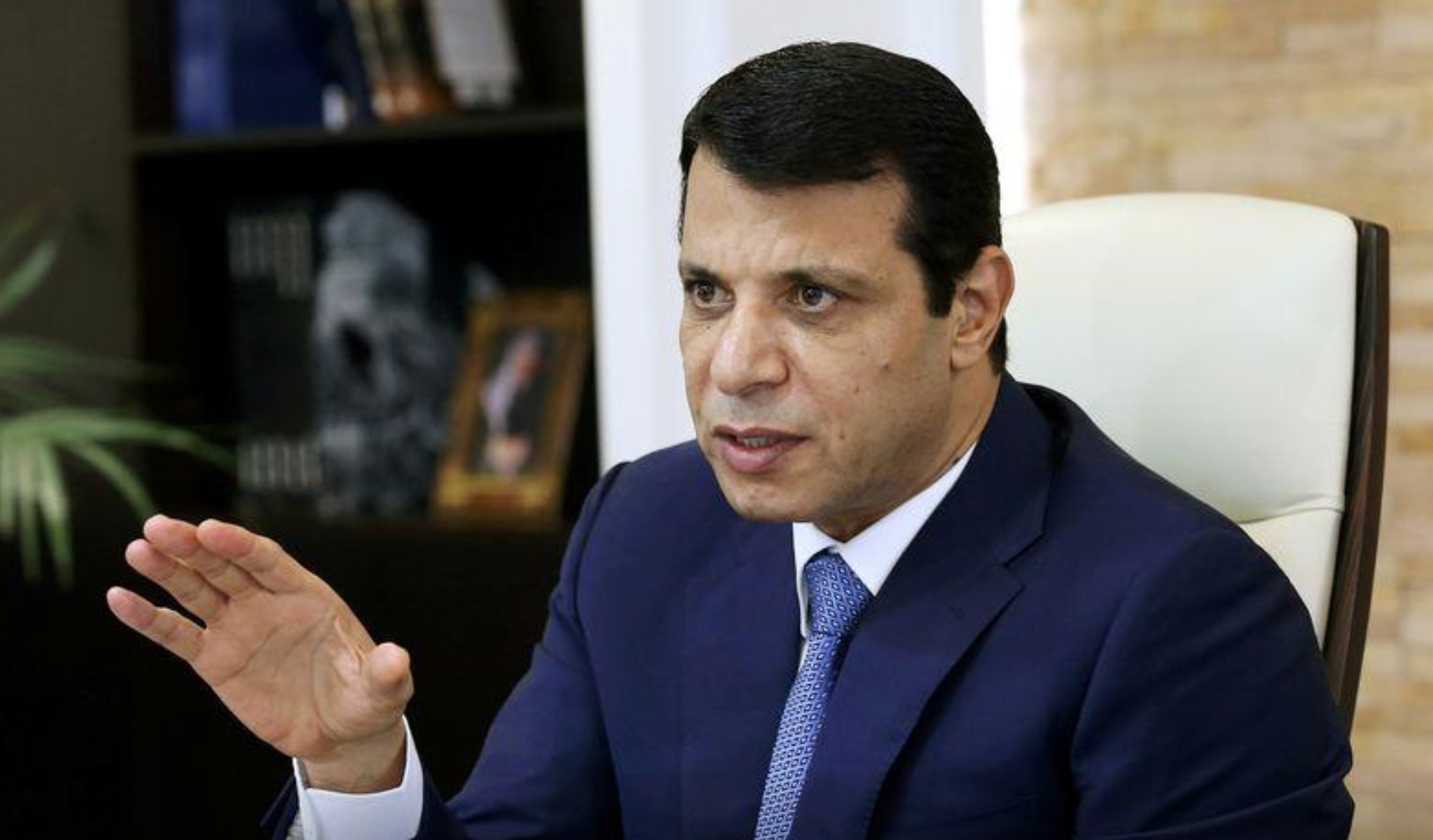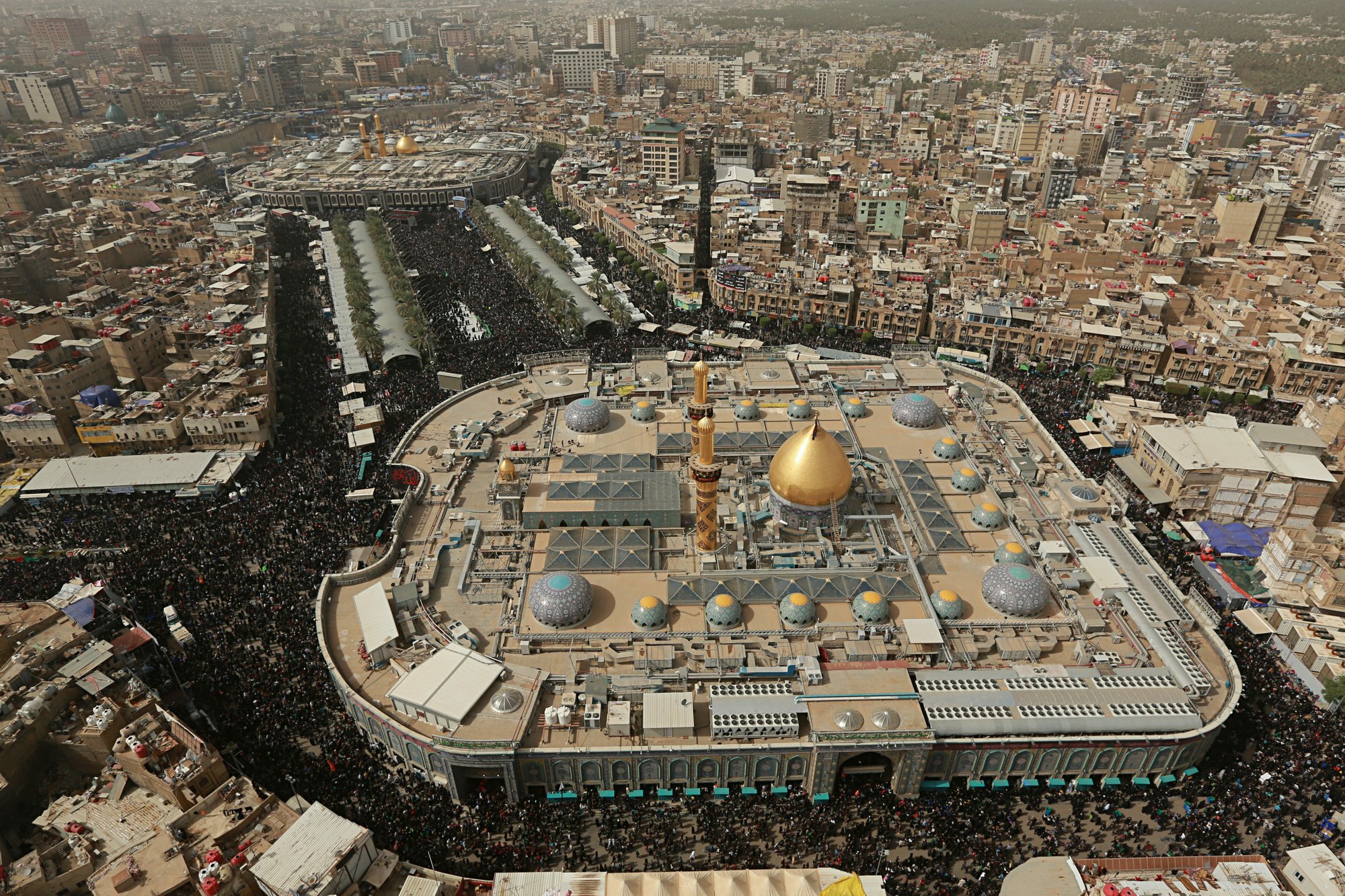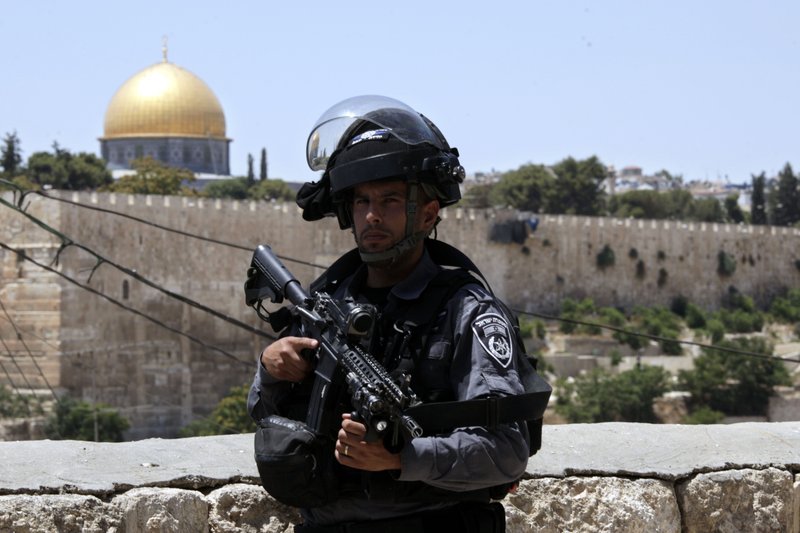The streets of Gaza on November 11 were more or less the same as the day before.
After chronic fuel shortages caused by the Israeli blockade and the Egyptian army’s sustained crackdown on tunnels, not to mention Hamas' increasing isolation in the Middle East, many foretold the messy end of another Islamist government. Despite low expectations, some Gazans were surprised that protests did not materialize after months of social media hype.
Hamas government spokeswoman Isra Almodollal said: "That came from their own side. We didn't take any action." The night before Al-Qassam Brigades reportedly arrested dozens of Fatah members and suspected Tamarod activists. "All the students are at university as usual," she said. "Transport is running like normal." The Palestinian Centre for Human Rights meanwhile collected testimonies from those arrested by the Internal Security Services detailing torture and degrading treatment “including being hit on [the] hands and feet [with] a stick; punched all over their bodies; shackled; and forced to stand for long hours.” One man said he was beaten for around two hours during interrogations.
A Gaza Tamarod statement claimed the day had been a success in that it had made Palestinians listen. An Arab World for Research and Development (AWRAD) survey half-vindicates this claim: 63 percent of Gazans and 32 percent of West Bank residents said they were aware of Tamarod Gaza. But another call for protests on Wednesday passed without incident, meaning awareness does not translate into revolution.
The motives and driving forces behind the campaign are still unclear. Rumour and conjecture has surrounded a shadowy list of anti-Hamas bogeymen – Fatah, the Egyptian intelligence services, Mohamed Dahlan and the United Arab Emirates, Mossad – but nothing concrete has emerged. And yet the story of one Gaza Tamarod faction in Cairo gives some clues as to its future.
'THE HOME OF ARAB REVOLUTIONS'
"Cairo is the meeting-point for every political action in the Arab world. Right now, Cairo is the home of Arab revolutions." Or so Iyad Abu Rok, the mercurial self-proclaimed voice of Gaza Tamarod tells me in September.
Egypt’s Tamarod campaign, which paved the way for the July 3 overthrow of Mohamed Morsi and a series of violent crackdowns against his supporters by the army-sponsored interim government, has left many unsure of that claim.
Gaza Tamarod consists of a central organization scattered across the Middle East and Europe with, one member tells me, 20,000 active members working inside and outside Palestine. Iyad Abu Rok – an actor and director among other things – lives in Oslo, Norway. Hind al-Araby is the organization's coordinator in Cairo. "Number two" Ahmed El-Eyal (also known as Ahmed al-Hamamra) says he owns a small Halal business in Malaga, Spain. For security reasons, no one will name their purported leader, who apparently runs the headquarters inside Gaza. “He is a well-known fighter against the occupation,” Ahmed claims. “He is a good man.”
Since June 30, this international arm of Gaza Tamarod has tried to build an international campaign, meeting Egyptian Tamarod leaders in Cairo, beyond the reach of suppression by Hamas and messy half-alliances inside the Gaza Strip. Between July and now, an explosion of Facebook activity has made it increasingly difficult to verify what Tamarod Gaza is, who is running the show and what exactly it is they want. Spokesmen have come and go, press conferences been announced and then disowned. Palestinian journalist Linah Alsaafin has noted the “fluid,” factional and sometimes fractured relationship between theory and practice, on the ground and online, which defines Gaza Tamarod.
The group's claims to a single, united narrative are flawed. They all deny that Abdul-Rahman Abu Jamea, once named leader of Gaza Tamarod in a September 10 Al-Akhbar article, is running things. According to Al-Akhbar, Abu Jamea was meant to visit Cairo shortly afterwards for a press conference dubbed 'Together for Palestine's Unity.' It never happened. Ironically enough, Abu Rok's Tamarod claimed this was the work of a "pro-Hamas" proxy. The Facebook admin of the Tamarod Falasteen page also claimed they were not affiliated. “Iyad [Abu Rok] tried to make himself an admin. We refused because he wanted to use us for his own ends.”
Rather than a venue of solidarity for Palestinian groups pitted against Hamas, Cairo has itself become a factional battleground, the place where Gaza Tamarod's pock-marked exterior is most visible. Alsaafin explored the internal divisions of Palestine’s own Tamarod in the same article. “The multiple Tamarod groups do not share the same agenda,” she noted.
'COPY AND PASTE'
Hind explains that Palestinian Tamarod activists waited for June 30 to see if Tamarod could really work in Egypt, before deciding to replicate it in Gaza. Their group has since been in regular contact with Tamarod in Egypt. Hind says she met Egyptian co-founders Mahmoud Badr and Mohamed Abdel Aziz in Cairo at the end of September, with Egypt giving them "moral support" and advice. "We have exchanged views," she adds. "We met them here in Cairo and we are coordinating together."
"It's not an organizational relationship," Egypt Tamarod's co-founder Mohamed Abdel Aziz explains. "It's more an exchange of ideas and experiences." Mohamed says both sides discussed lessons learnt from Egypt, but did not touch on exact plans for Gaza. Those at the meeting both talk about “transferring” Tamarod outside Egypt, copying it. “You can't just copy and paste one experience onto another…but the most important advice we gave Gaza Tamarod is to focus on working on the street rather than just using technology," echoing the street-level petition campaign in the run-up to June 30. Hamas’ control of Gaza has made that impossible.
Mohamed Nabawi, Egyptian Tamarod central committee member, added: “Of course we spoke with them. We respect what they want to do.” Although not at the meeting himself, Nabawi says Badr and Abdel Aziz offered advice and solidarity. “We told them: ‘Egypt is a good place to develop your movement.’”
“But meeting them in Cairo doesn’t mean we’re leading or representing Tamarod Gaza,” Nabawi stresses. “It doesn’t mean we’re their leaders.” Both sides studiously deny any links with the Egyptian security apparatus.
“This is like many things in the Arab Spring – a copy-cat culture where people see something that succeeds, then try it somewhere else,” journalist Daoud Kuttab claims. “But this idea doesn’t necessarily work.”
At no point do Gaza Tamarod members explain their plans in the run-up to November 11. "That will become clear later," Abu Rok assures me. It appears plans never went further than an e-mail petition and then spontaneous street action on the day. Some activists say they want the end of division, others want Hamas out.
FATAH IN CAIRO
After Hind's meeting in Cairo, Ahmad al-Eyal visited Cairo on October 1 to meet with other Egyptian groups, looking for "solidarity and media coverage." There were never any financial or material exchanges, they claim. Independence Current chairman Ahmed al-Fadali confirmed meeting El-Eyal ("the Spaniard") along with Hind. The timing of this meeting coincided closely with a delegation from Fatah in the West Bank, including Hebron-based politician Mohamed al-Rajab, who met at the group's headquarters in downtown Cairo to discuss “ideas and experiences” about how to overthrow the “Muslim Brotherhood regime in Gaza."
The wording is strikingly similar to that used by both Egyptian and Gazan Tamarod members. However al-Fadali denies any link. "Right after I met Fatah, I met with Tamarod," he explains. "It was misreported that they were one group. That's not true." Al-Fadali leans back, smoking behind a desk that looks too big for him. Facing him from the hallway next door hangs a picture of Yasser Arafat, smiling inside a golden frame.
"I tried to establish a link with them, but Fatah refused," he admits. Al-Fadali has enjoyed cordial relations with Hamas’ rival since 1970, often having representatives round to drink tea and chat. He would be a good person to approach for anyone looking to build an anti-Hamas protest movement from Egypt. "Fatah said they wanted no contact with Gaza Tamarod because it would 'create problems' for them."
Al-Fadali believes this is Gaza Tamarod's main weakness – that it has not collaborated with Fatah, as he claims. "If they can't even persuade Fatah to get involved with them, then that's why [they'll fail]." A Tamarod activist in the West Bank said it was "natural to assume" that Fatah had a stake in Gaza Tamarod.
On Tuesday President Mahmoud Abbas told CBC that the Palestinian Authority had information about Hamas' links with unrest in the Sinai, a little farewell gift at the end of a three-day visit during which he met with intelligence services chief Mohamed al-Tohamy, General Abdel Fattah al-Sisi and interim President Adly Mansour. “The PA has information about this issue, and we were keen to provide the Egyptian side with it,” state-owned newspaper Al-Ahram quoting Abbas as saying. This is perhaps the first time the two sides have publicly acknowledged collusion against Hamas.
The failure of Gaza Tamarod might be the start of something. “There are certainly interested parties who want to see this work,” Kuttab says. “However I think by and large the success of [Egypt’s] Tamarod was that it came from outside known power structures. In that way, this [grass-roots] idea could work.” Kuttab believes that success may depend on a violent reaction by Hamas. “If there is popular protest and it’s met violently, I think this would be the kiss of death for Hamas,” Kuttab says. “The whole population will rise against them.” In the meantime, Tamarod will have to overcome its internal divisions and hazy networks of support.




